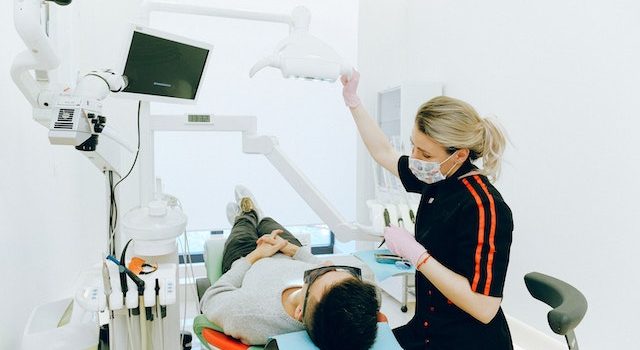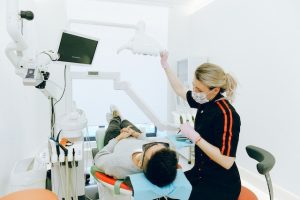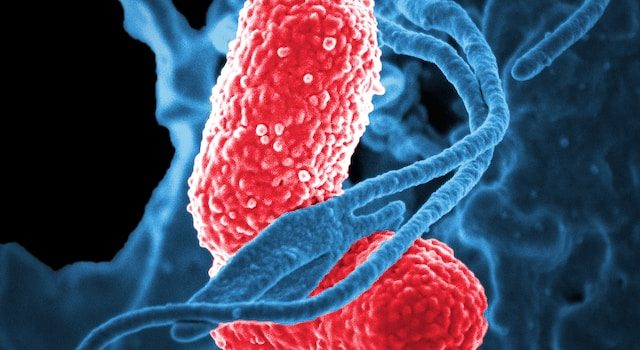
Strategies for Lung Cancer Prevention and Early Detection
Introduction: Meet Dr. Emma Reynolds, Your Lung Cancer Specialist
Dr. Emma Reynolds, a distinguished oncologist, focuses on women’s health and lung cancer prevention. In this article, she offers strategies for young women to prevent lung cancer and achieve early detection, leading to a healthier future.
Paving the Way to Prevention
The Emerging Challenge
Lung cancer, typically associated with older individuals, has now become a challenge for young women. Dr. Reynolds delves into the factors contributing to this trend and outlines strategies for prevention.
Empowering Lifestyle Choices
The intersection of lifestyle choices and lung cancer is a crucial aspect. Smoking habits, environmental exposures, and dietary decisions are analyzed, providing actionable steps for young women to protect their lung health.
Early Detection: Your Best Defense
The Importance of Early Detection
Early detection is a game-changer in combating lung cancer. Dr. Reynolds emphasizes the significance of regular check-ups and recognizing potential symptoms, empowering young women to be proactive about their health.

Breaking Free from Smoking
Smoking is a leading contributor to lung cancer. Dr. Reynolds offers practical guidance and resources for those committed to quitting smoking, taking the first step toward a healthier future.
A Message of Hope
Advances in Lung Cancer Prevention
Despite the concerning statistics, there’s hope on the horizon. Explore the latest advancements in lung cancer prevention, offering a brighter future for young women.
Conclusion: Taking Charge of Your Health
Dr. Emma Reynolds provides strategies for young women to prevent lung cancer and achieve early detection. Knowledge is the key to action. By embracing knowledge, quitting smoking, and prioritizing early detection, young women can take charge of their health and build a healthier, brighter future.
| Key Points | Summary |
|---|---|
| Paving the Way to Prevention | – Lung cancer is emerging as a challenge for young women, necessitating strategies for prevention. – Lifestyle choices play a significant role. |
| Early Detection: Your Best Defense | – Early detection through regular check-ups is crucial. – Quitting smoking significantly reduces the risk of lung cancer. |
| A Message of Hope | – Ongoing prevention research offers hope for a healthier future. |
Comparative Table: Lung Cancer Risk Factors
| Risk Factors | Older Individuals | Young Individuals |
|---|---|---|
| Smoking | Common | Significant |
| Lifestyle Choices | Established | Emerging |
| Early Detection | Routine | Less Common |
| Advances in Treatment | Limited progress | Research ongoing |
Dr. Emma Reynolds offers strategies for young women to prevent lung cancer and achieve early detection. By embracing knowledge, quitting smoking, and prioritizing early detection, they can take charge of their health and build a healthier, brighter future. Don’t wait; start turning the tide on lung cancer today.


























